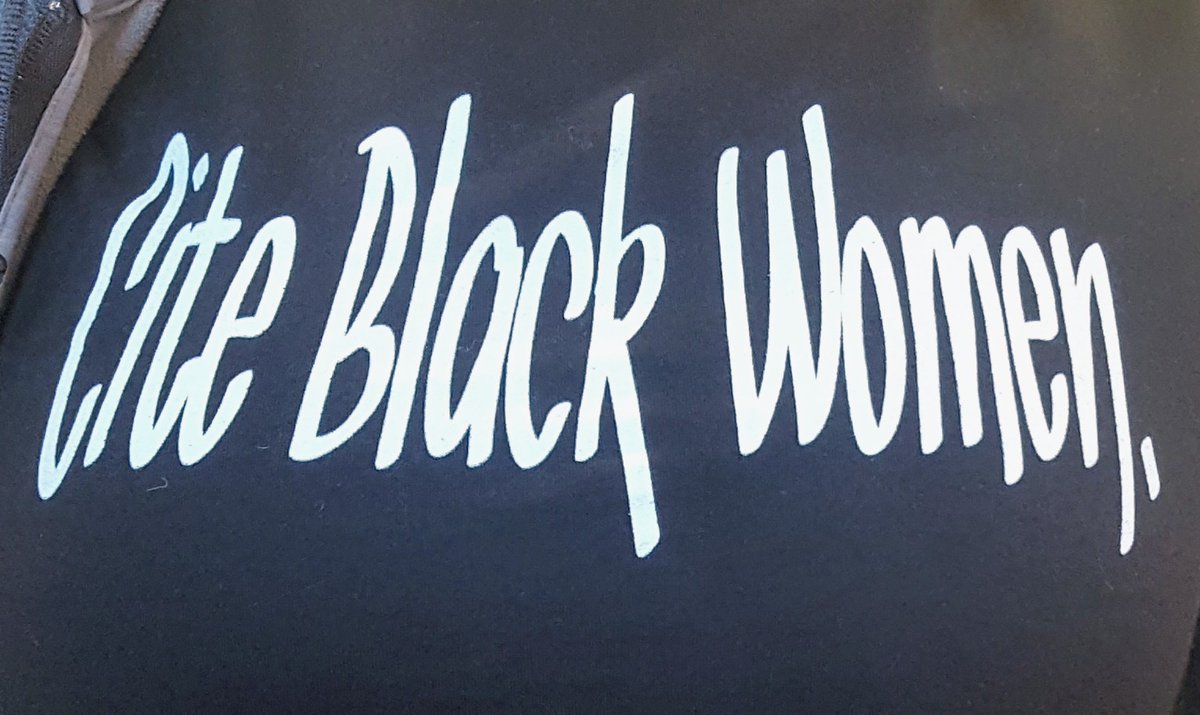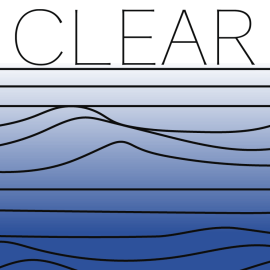Table of Contents
How do we cite types and sources of knowledge beyond the usual suspects when citational expectations, infrastructure, and norms make that difficult?
Studies (and common collective experience for some of us) have consistently shown bias in who is cited in terms of gender and race, what forms of knowledge are cited, and how citation acts as what Sarah Ahmed calls a “screening techniques:: how certain bodies take up spaces by screening out the existence of others” (Ahmed 2013).
CLEAR’s working group on citational politics grapples with the methods and tactics of citing differently–different people (which search engines can’t always find), different kinds of knowledge (which are often not peer reviewed), from places that are not in the global north (which are now always written in English), in the usual places (where citing differently has high stakes, such as in PhD comprehensive examinations). The working group is currently creating a series of blog posts about some of the challenges of citing differently and some tactics and resources to overcome them. Four methodological themes we’ve encountered in this project so far are:
- In order to cite differently and diversely, how do we identify difference in a good way (true, equitable, ethical, accurate) that accounts for nuance, people/cases that don’t fit, incompleteness of categories?
- How do we deal with the scale and ethics of organizational structures such as the tension of place, universalism, generalizability, and the cannon?
- The extensive identification of of systemic barriers to citing differently. How might we maneuver them?
- What does success in this project look like? How do we evaluate our efforts? How is good achieved in the practice of citing differently?
Writing
We’ve created a blog post series to document some of our efforts and learning.
- Molly Rivers, Waking up to the politics of citation (2021)
- Kaitlyn Hawkins, The researchers that search engines make invisible (2021)
- Max Liboiron, Firsting in Research (2021)
- Max Liboiron, Citational Politics in Tight Places (2022)
- Alex Flynn, Catching an Authentic Lake Trout: Knowledge Legitimization in Academia (2022)
- Dome Lombeida, The mental tangles of classification (2023)
- Rui Liu, Citing toward Community, Citing against Harm (2023)

Teaching
We have a short teaching module on citational politics geared to undergraduate and graduate students. It includes an introduction to the issue, a short reading, and an assignment designed as a quiz that helps guide students’ intentions on citing in ways that address power relations. The assignment is Creative Commons and anyone is welcome to use and adapt it. With attribution, of course. 😉
Bibliography
This work draws on considerable existing work on citational politics (which is different from but overlaps with the subfield of citational metric studies). To keep the bibliography updated, we use a public Zotero Library found here.
Reading, too
Citation is not just based on writing practices, though. It also stems from reading. Max Liboiron and Deondre Smiles have embarked on #Collabrary: a methodological experiment for reading with reciprocity, where they read four texts a week and write summaries of each text on Twitter. But more than a Cliff’s Notes exercise, they’re aiming to change the way they read– rather than extractive reading where readers scoop out the bits they need, they want to treat each text as a collaborative conversation with the authors, the Twitter community, and each other. They are seeking to read with humility, reciprocity, and in good relations. Search for the hashtag #Collabrary (Collaborative Library) for more.
